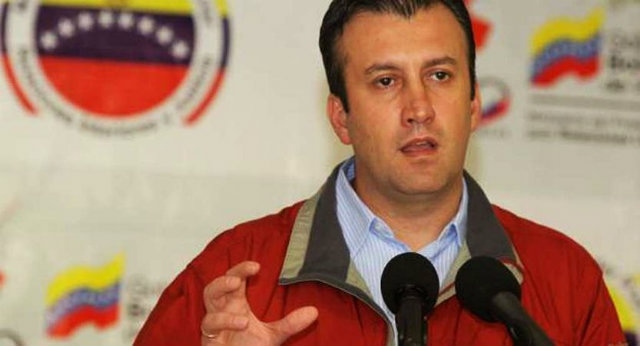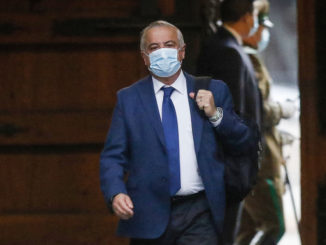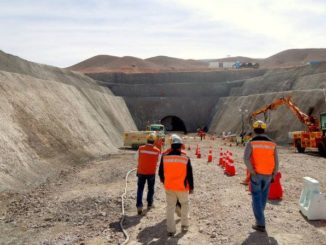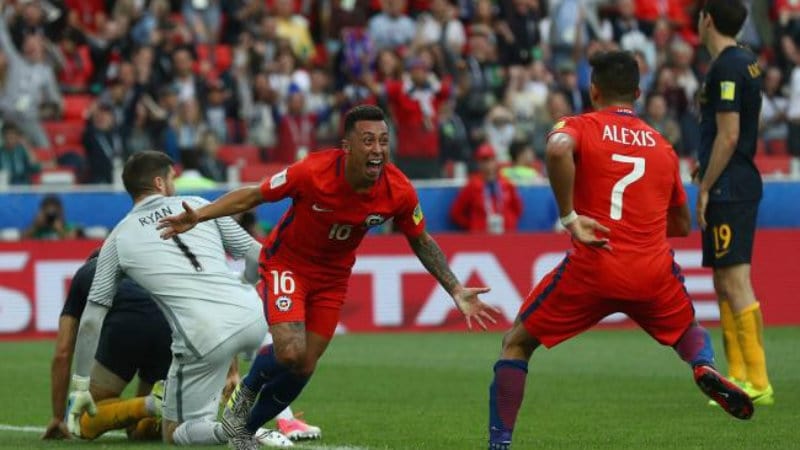
CARACAS – Venezuelan state oil company PDVSA began making a major bond payment, easing short-term worries about default but leaving the populist government with less cash to attend to food shortages and economic depression.
Investors had fretted for a week that cash-flow problems and regulatory hurdles resulting from U.S. sanctions on the government of President Nicolas Maduro might leave the company unable to make the nearly US$1 billion payment.
Venezuela’s policies have resulted in an economic depression, soaring inflation, and shortages of food and medicine, despite being an OPEC country with among the largest oil reserves in the world.
Bondholders have for years shrugged off Venezuela’s economic implosion, insisting Maduro’s willingness to pay and Venezuela’s substantial offshore assets made the high-yield debt a good bet.
But sources close to the government this week said Maduro had considered not paying, and that the last-minute approval came after intense discussions among cabinet members about the potential benefits of defaulting.
Russia agrees to restructure Venezuela’s $3 billion debt
PDVSA “has knocked down the doomsday voices that were betting on economic meltdown and attacking the Venezuelan people, in conspiracy with the global economic oligarchy, with the aim of destabilizing and sabotaging the Bolivarian government’s economic advances,” PDVSA said in a statement.
PDVSA transferred US$841.88 million in principal on the 2020 bond to accounts at JPMorgan, the statement said, without mentioning the outstanding US$143 million coupon payment also due.
Late Friday Vice President Tareck El Aissami confirmed the payment, adding, “They were not able to block us.”
Investor concerns will now turn to the company’s next looming large debt commitments. PDVSA faces a US$1.2 billion debt payment next week, while Venezuela and PDVSA have around US$10 billion in bond service next year.
“At some point down the road, if it’s not tomorrow it’s going to be, who knows, in some months, in one year – the risk of a (default) is very high,” said Mauro Roca, sovereign analyst at asset manager TCW, which has US$201.6 billion under management.
Roca added that U.S. sanctions against Maduro, which bar banks from providing new financing to Venezuela, will make a debt restructuring impossible, further clouding the long-term panorama.
Cash-strapped Venezuela has cut food imports and sales of U.S. dollars through official mechanisms to ensure Friday’s bond payment. Partly as a result, the Bolivar currency has tumbled 34 percent on the black market in the last month.
Russia on Friday separately said it was ready to restructure US$3 billion in debt between the two countries, which included the possibility of postponing a debt repayment.–MercoPress



